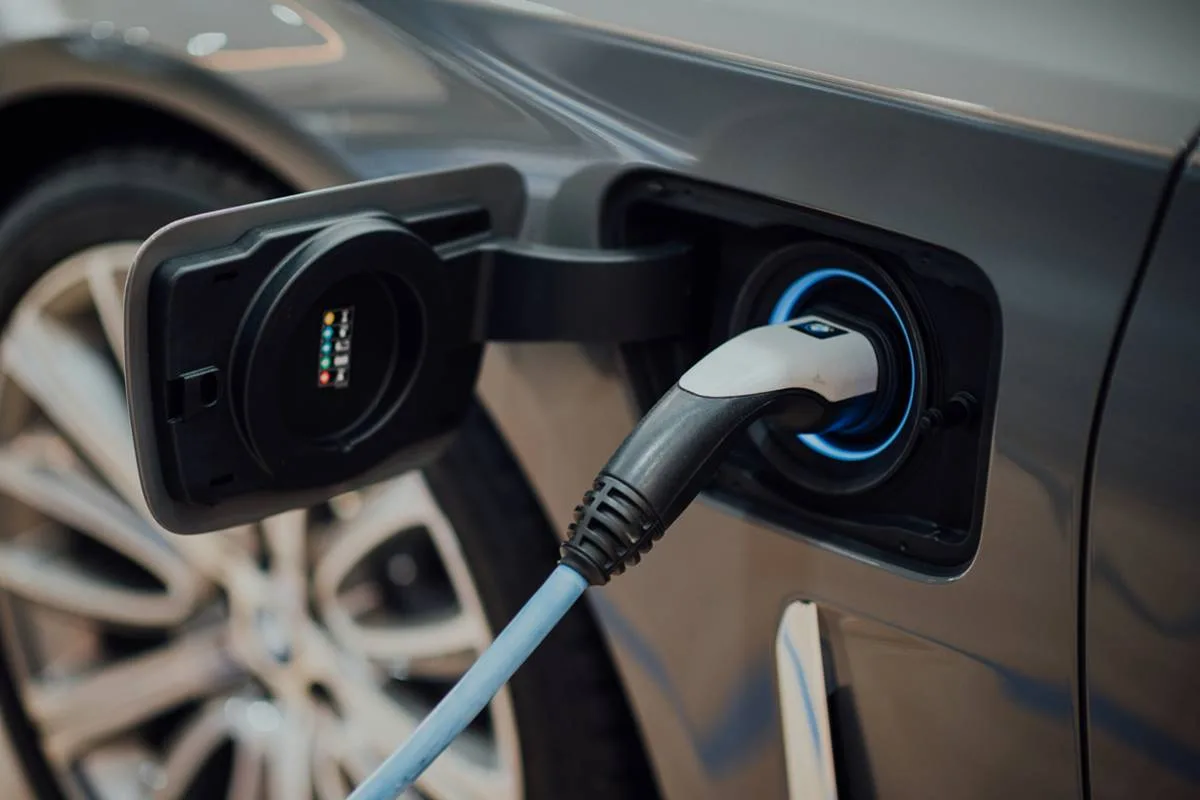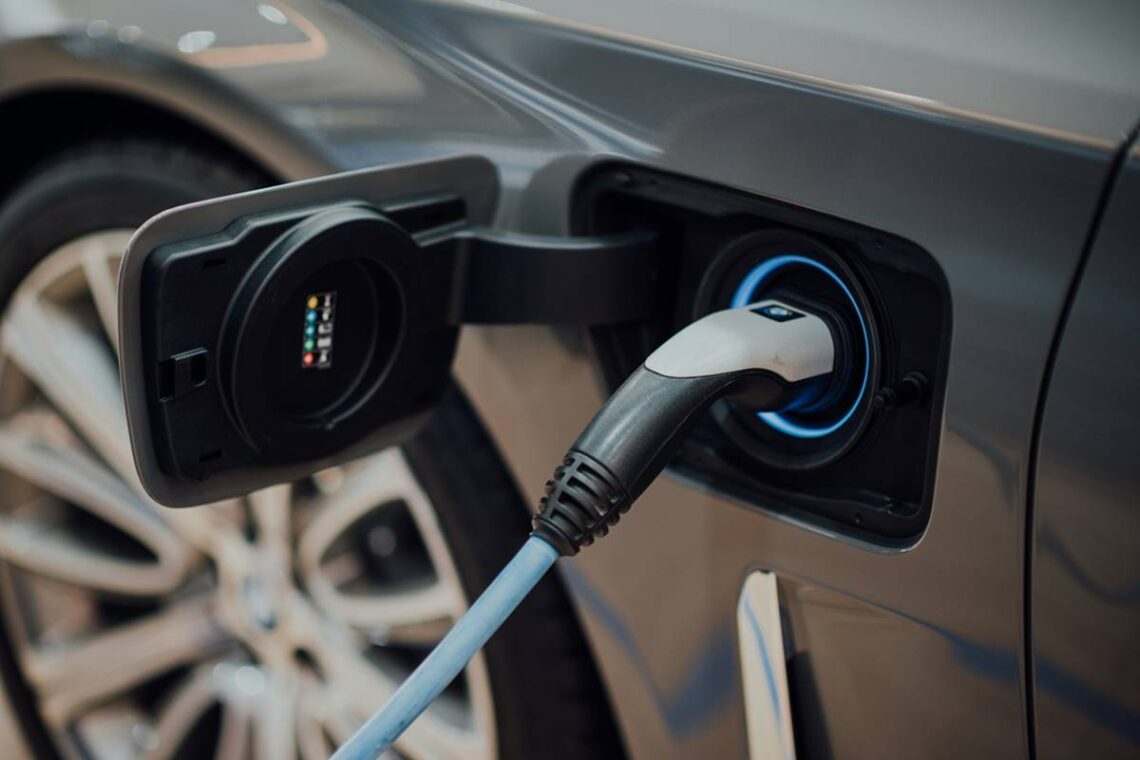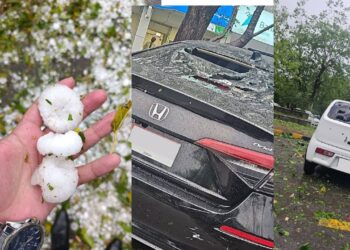The Sharjah Roads and Transport Authority (SRTA) is creating a green future in mobility with BEEAH, the region’s sustainability pioneer. They intend to roll out and manage the EV charging stations infrastructure across Sharjah, which includes both the city and coastal areas.

The strategic placement of hundreds of EV chargers was the focus of a recent meeting between Dr. Eng. Yousif Khamis Mohamed Alathmane, Chairman of SRTA, and Khaled Al Huraimel, Group CEO and Vice Chairman of BEEAH. These chargers will be installed on the highways and in important commercial and urban locations, allowing residents moving towards electric vehicles to charge conveniently and quickly.
The complete network will offer fast chargers, which would be added to the existing EV charging stations infrastructure. This extension seeks to alleviate the worries of EV drivers by shortening the distance between charging stations, which encourages widespread usage of environmentally friendly alternatives.
The initiative was highlighted by Dr. Alathmane as a project aimed at addressing the increasing number of electric vehicles, emphasizing that it is necessary to promote green alternatives and meet the current needs of sharjah’s users. The project supports the SRTA’s strategies of reducing carbon emissions, from electric buses and taxis to public service overall improvements.
In cooperation with the UAE national electric vehicles policy, SRTA and BEEAH aim to support UAE’s ambition of making the country an international market for EVs, targeting 50% share of EV on roads by 2050. This project is in line with Sharjah’s vision of improving the quality of life for residents and developing smart, sustainable cities.
Group CEO of BEEAH, Khaled Al Huraimel said that it was an honour for them to partner with SRTA in shaping the future of Sharjah as emission free mobility zone. Collectively, they seek to address the mismatch between EV charging demand and supply, thereby establishing Sharjah as a leader in sustainability by becoming a climate-positive net-zero city.
With over 2,000 vehicles in its fleet, BEEAH is already incorporating EVs and engaging in partnerships to convert traditional cars into EVs when they reach the end of their life cycles. Also, the firm is experimenting with green hydrogen-powered vehicles – a zero-emission substitute. Emission-free mobility investments remain at the core of BEEAH’s strategy as it aims to achieve net-zero emissions by 2040.

















